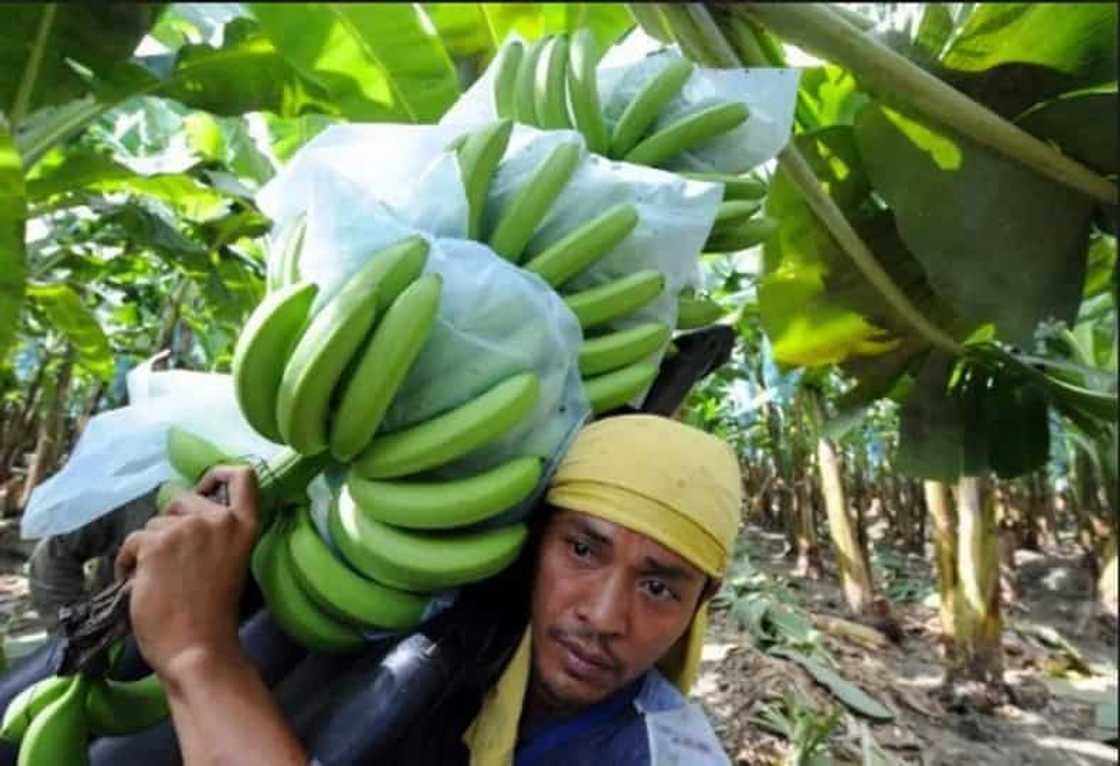A banana plantation in Maguindanao quelled terrorism in one barangay; here’s how
Last 2015, Datu Paglas National High School, Maguindanao, added 8 new classrooms. This was necessary because of the influx of students.
Greg Kuten, father to six and employee of La Frutera, said that before, he did not have enough money to educate all six children. However, thanks to his job, he managed to fund their education: three of his children are in college, two in high school, and one is in elementary.
His eldest child, Johairah Kuten, is a 3rd year college student taking up BS Education. She shared that with her degree, she hopes she can find a good teaching job, so she can live freelly and happily in the future.
Datu Paglas was not like this before. There was no space for dreams in a battleground between the military and several armed groups.
But in 1997, a chance to start anew presented itself. The La Frutera banana plantation was constructed.
The plantation occupies around 1,000 hectares, and a lot of its laborers were formerly rebels.
The people of Datu Paglas now have an opportunity to engage in a safe and sustainable livelihood. La Frutera has changed the war zone into an economic zone, and encouraged the citizens to trade their guns for bananas.

Greg, formerly a laborer, now works as a supervisor. He admits that had it not been for the plantation, he might have joined the rebels in the mountains.
Senen Bacani, La Frutera's founder, has revealed that initially, the men who started working would enter La Frutera bringing arms. Over time, however, they begin to feel safe and trust in the confines of the plantation.
La Frutera experienced considerable expansion in the past years - when in 1997, it had 1,000 employees, in 2015 it now has 2,800. 95% of the workers are Muslim, and the rest are Christian.
If in the past, women were simply married off, now they work for their family.
Asec. Alfhadar Pajui of DepEd ARMM, explained that analysis of the data shows that education indicators are heightened when economic activity fares well.
And it certainly shows in the data - in the 1980s, unemployment rates reached nearly 80%. Now, it has drastically reduced to 10% as more and more people engage in the maintenance of the plantation. With this, more children have finished schooling as well.
If in 1980, the crime rates were a whopping 85%, in 2015 it plummeted down to 1%, according to Datu Paglas PNP statistics.
Mayor Mohammad Paglas Sr. notes that the initiative of improving the economy has done what threats and the use of force has not been able to accomplish - the laying down of arms to pursue peaceful lives.
Caring for Mindanao
According to the World Bank, the provision of jobs is the key to freedom.
Karl Kendrick Chua, a senior country economist at the World Bank, stated that while not all of Mindanao experiences conflict, the parts that do experience it affect the rest of the land.
Conversely, however, if what happened to Datu Paglas can happen again in other parts of Mindanao, these zones of economic activity are sure to affect the rest of Mindanao, and overpower the terrorism that haunts the region.
This is what the next president should keep in mind for the Philippines.
Source: KAMI.com.gh

